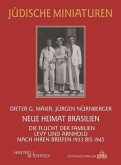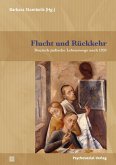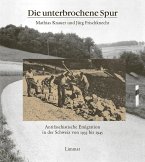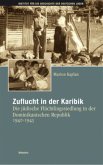"Where even is Kenya?" - this was the question posed by the majority of Jewish refugees before being cast into the East African British colony, 1933 onwards. While often the last hope, it was seldom their destination of choice. A few hundred were successful in their flight to Kenya, despite the lack of willingness of colonial authorities to admit them to the country. But how is one to survive in an agrarian-oriented, sparsely populated country whose languages are just as foreign as are the customs, modes of life, climatic conditions, and health risks? What options were available to refugees who were prohibited from practising their professions, regardless of whether as medics, lawyers, or merchants?Answers to these questions were found on a search for former 'Kenyans' that spanned continents, the putting together of fragments of this 'Kenyan' network like mosaics, and numerous conversations with contemporary witnesses who narrated their experiences for the first time. In view of the historical context, these tough, obstacle-fraught battles are made visible: the search for new identities, the reclaiming of self-worth, the conquering of social recognition. Lastly, it is shown how much life in Kenya shaped lives in the short and long-term.
Bitte wählen Sie Ihr Anliegen aus.
Rechnungen
Retourenschein anfordern
Bestellstatus
Storno








